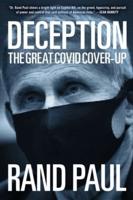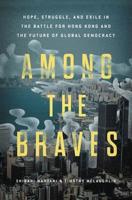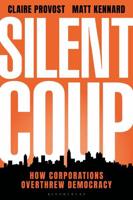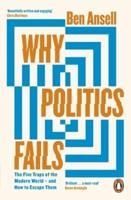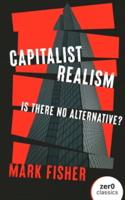Publisher's Synopsis
This book is a compendium of European businesses within the African continent, conducted with good intentions, positively motivated from the first time Arabs and Europeans set foot on African soil. However, it later became complicated and sour due to unfair gaming by one side, greed and avarice on the other, and negative compromises on both sides.
The original objective of this trade was to exchange goods for goods, each side playing fairly and ultimately delivering the dividends of mutual business relationships. When this transaction became intriguing, it unfortunately got screwed up and turned into the buying and selling of humans as domestic servants and later into human cargoes meant for international shipment.
The West has tried in multiple ways, many times, to fix their past misdeeds; however, the measures applied idiosyncratically metamorphosed into the abolitionist nightmare of civil war, colonization, imperialism, economic slavery, segregation, marginalization, and brutalization of one people and one race.
All attempts to correct these evils of the past by subsequent generations have also proven very difficult due to a couple of reasons, including unfairness and injustice, because, as the saying goes, "He who must come to equity must come with clean hands" (source unknown).
An injustice to one is an injustice to all, and an injustice anywhere is an injustice everywhere. (Martin Luther King Jr.)
All the above were far from being the case, and as such, nothing seems to make those misgivings go away. The issue at hand right now is that the injustice is so widespread that if left unchecked, the aftermath will be worse than what the world is witnessing today from the effects of climate change, migration tsunamis, wars, ethnic cleansing, and habitat displacement from most ancestral homes.
This book suggests remedies that will prove to be better than what the governments of the world today are proffering as the solution to the apocalyptic problems of our time. There should be a restructuring of lending practices and an overhauling of the world's monetary policies by better-regulated agencies, devoid of the lending malpractices of bodies like the World Bank and the International Monetary Fund. There should be an equitable redistribution of world collective wealth, good enough to build structures that will be attractive enough to compel young people to stay and work in their ancestral homes (countries of origin) and earn a decent living wage. In effect, these restructurings will strengthen world bodies like the United Nations (UN), World Trade Organization (WTO), UNICEF, and the World Food Programme.


